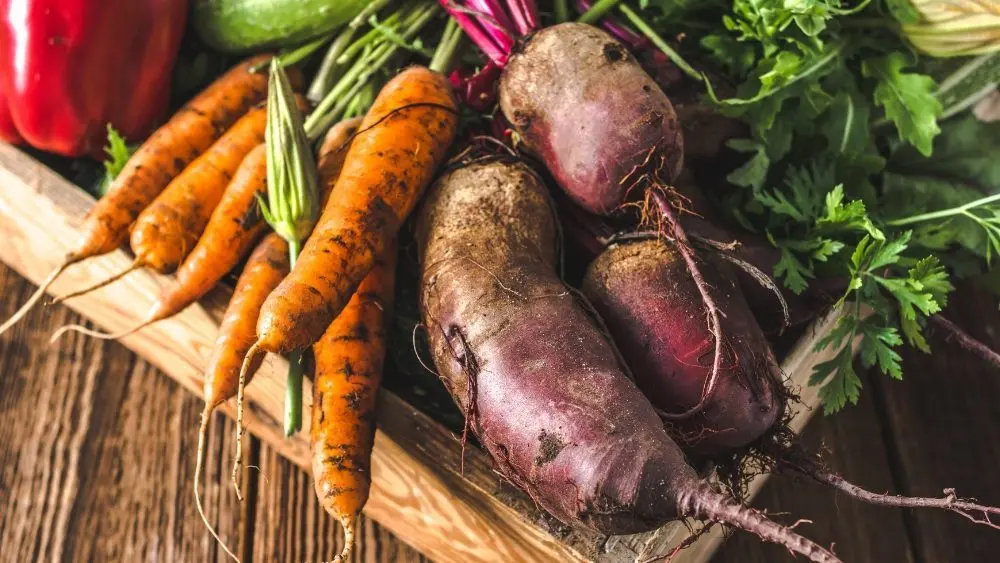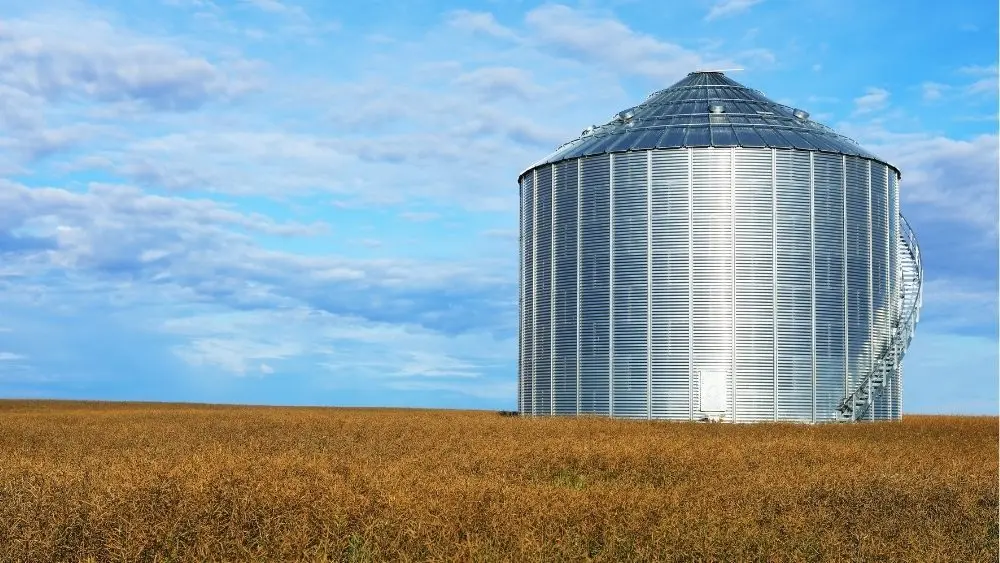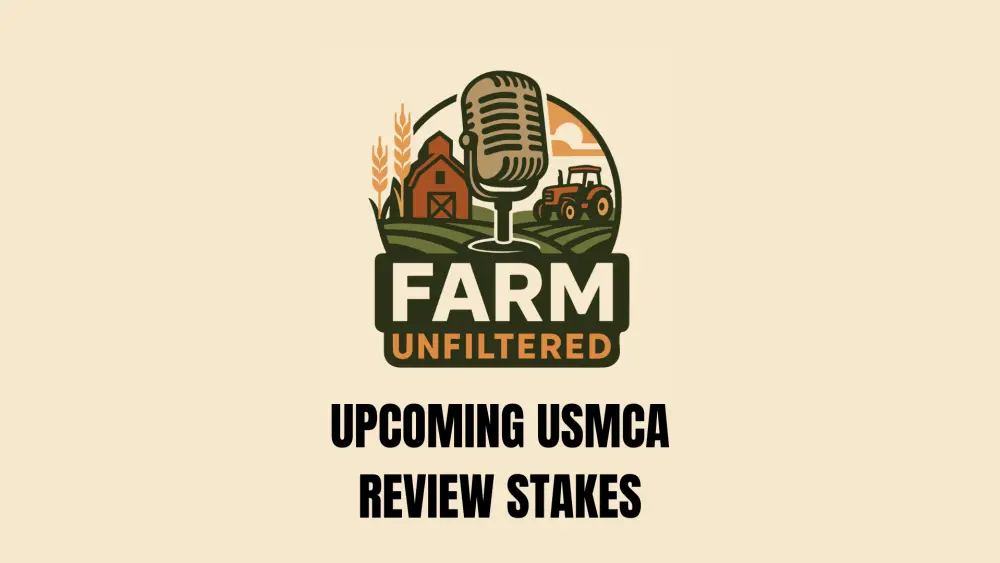
(WASHINGTON D.C.) — Ethanol and ag groups are sharing reaction after the U.S. Environmental Protection Agency (EPA) proposed a rule regarding how it will reallocate gallons lost due to small refinery exemptions (SREs) under the Renewable Fuel Standard (RFS).
EPA is proposing to add a supplemental “SRE reallocation volume” to the 2026 and 2027 RFS volumes to account for the impact of small refinery exemptions granted on August 22nd of this year. Additionally, EPA is updating its estimate of 2026 and 2027 exempted volumes of gasoline and diesel, which will be included in calculating the RFS percentage obligations for those years.
“With this proposal, EPA acknowledges how important biofuels like ethanol are to the rural economy,” said Growth Energy CEO Emily Skor. “We commend the Trump EPA for being the first-ever EPA to propose a way to ensure past-year SRE gallons don’t compromise renewable fuel demand. Full reallocation of exempt gallons is a surefire way to drive income to America’s rural communities. We look forward to providing detailed comments on how EPA can align the final rulemaking with the President’s energy dominance agenda while maintaining the integrity of the RFS and delivering the greatest possible benefit to American agriculture.”
Kurt Kovarik, Clean Fuels’ Vice President of Federal Affairs, stated, “Clean Fuels commends EPA for proposing to ensure that the RFS volumes it finalizes for upcoming years are not eroded by small refinery exemptions. U.S. biodiesel and renewable diesel production supports ten percent of the value of every bushel of soybeans grown here. It is one bright spot in the agricultural economy this year. Clean Fuels and its members will work to ensure that the final RFS volumes for 2026 and 2027 fully support continued growth in biomass-based diesel production and provide real value for farmers.”
Specifically, EPA is co-proposing a supplemental “SRE reallocation volume” of either 2.18 billion gallons (100% of the 2023-25 exemptions) or 1.09 billion gallons (50%). The agency is taking comment on other volumes. EPA is also proposing an estimated 5.95 billion gallons of exempted gasoline and diesel for both 2026 and 2027 to be included in the RVO calculation. In its June Proposed Renewable Fuel Standards for 2026 and 2027, EPA estimated a range between 0 and 18 billion gallons.
Kovarik continued, “Farmers, biodiesel and renewable diesel producers still need to fight to secure robust RFS volumes for next year. We look forward to working with EPA to finalize today’s proposal before the start of the 2026 compliance year to ensure market certainty for farmers and producers.”
The National Oilseed Processors Association (NOPA) applauded the move as well and called on swift finalization of the 2026-2027 RVO proposal.
“We appreciate EPA’s thoughtful approach in addressing the Small Refinery Exemptions inherited from the previous Administration and urge the Agency to fully account for all waived gallons,” according Devin Mogler, President and CEO for NOPA. “NOPA applauds the EPA for maintaining the policy of prospectively accounting for future SREs, and encourages the Agency to swiftly finalize the 2026–2027 RVO proposal, inclusive of the import-RIN discount, to provide the certainty the market needs to invest and grow.”



